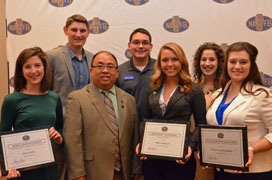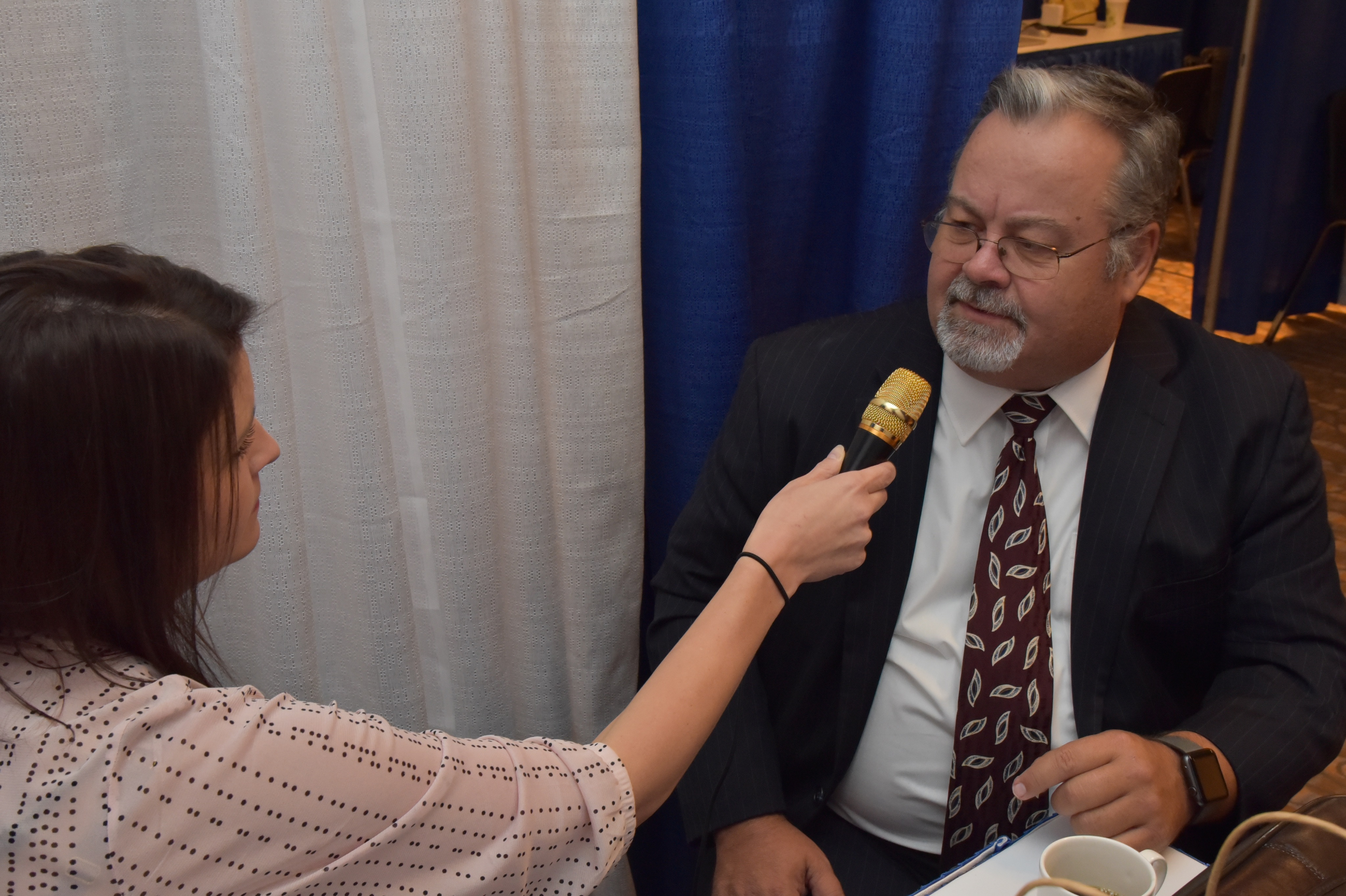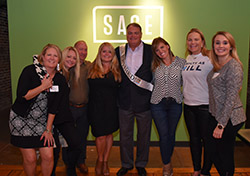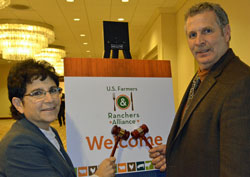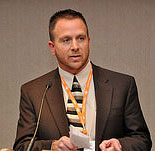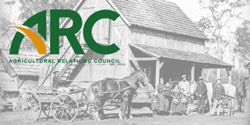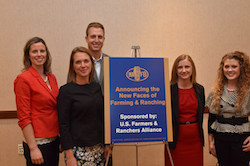 The next class of Faces of Farming & Ranching represent a broad spectrum of U.S. agriculture. From cotton fields to broilers, from Texas to Virginia, the winners of the U.S. Farmers & Ranchers Alliance (USFRA) program were announced this week at the National Association of Farm Broadcasting (NAFB) Convention in Kansas City, Missouri. The winners were honored for their passion for agriculture and drive for sustainability and technology on today’s SMART Farm.
The next class of Faces of Farming & Ranching represent a broad spectrum of U.S. agriculture. From cotton fields to broilers, from Texas to Virginia, the winners of the U.S. Farmers & Ranchers Alliance (USFRA) program were announced this week at the National Association of Farm Broadcasting (NAFB) Convention in Kansas City, Missouri. The winners were honored for their passion for agriculture and drive for sustainability and technology on today’s SMART Farm.
The five winners of this year’s program include: Lauren Arbogast of Virginia, Jeremy Brown of Texas, Emily Buck of Ohio, Katie Roth of Wisconsin and Lauren Schwab of Ohio. Now theses winners will participate in conversation on a national stage to engage with consumers, influencers and end users, helping the agriculture industry earn trust and confidence in U.S. food.
“Agriculture today is driven by technology and an unparalleled commitment to animal care, and this group of exceptional farmers and ranchers are such an accurate portrayal of the entire agricultural community,” said USFRA Chairman, Brad Greenway. “With their sustainable practices ranging from no-till and cover crops to pollinator habitat and state-of-the-art animal facilities, I’m proud to have these five represent USFRA and all of agriculture.”
The public will have the opportunity to get to know this outstanding group through their public appearances, national media interviews, web chats, blog posts and social media activities, but you can hear from them here first. The AgWired team caught up with each of the winners to hear a little about their diverse and remarkable stories.
Lauren Arbogast farms with her husband Brian and two sons on their diverse operation in Rockingham County, Virginia, consisting of five houses of chickens (broilers), a cow/calf herd of 450, a calf backgrounding site of 400, and crop rotations.
Interview with Lauren Arbogast
Jeremy Brown farms with his wife Sarah and three children on their 3,000-acre farm on the South Plains of West Texas, growing cotton, organic cotton, wheat, rye, grain sorghum, peanuts and sesame.
Interview with Jeremy Brown
Emily Buck farms with her husband John and daughter on their 1,000 acres of no-till farmland near Columbus, Ohio in the Lake Erie and the Mississippi River watersheds. They farm corn, soybeans and a flock of 40 Southdown ewes.
Interview with Emily Buck
Katie Roth and her husband TJ farm with their partners John and Luann Shea in the southwest corner of America’s Dairyland in Wisconsin. They milk 260 Holsteins and all of their feedstuffs are grown on the farm including corn, soybeans, alfalfa and wheat.
Interview with Katie Roth
Lauren Schwab works on her 1200-sow breed-to-wean family pig farm in Butler County, Ohio. As the farrowing house manager, she is a week one specialist to ensure all piglets get off to the best start.
Interview with Lauren Schwab
Follow the online conversations at @USFRA #FoodD. Learn more about the Faces of Farming and Ranching program and the winners at www.fooddialogues.com/farmers-ranchers and listen to the winner’s presentation here: USFRA Winners Announcement
View and download photos from the event here: NAFB Convention Photo Album



